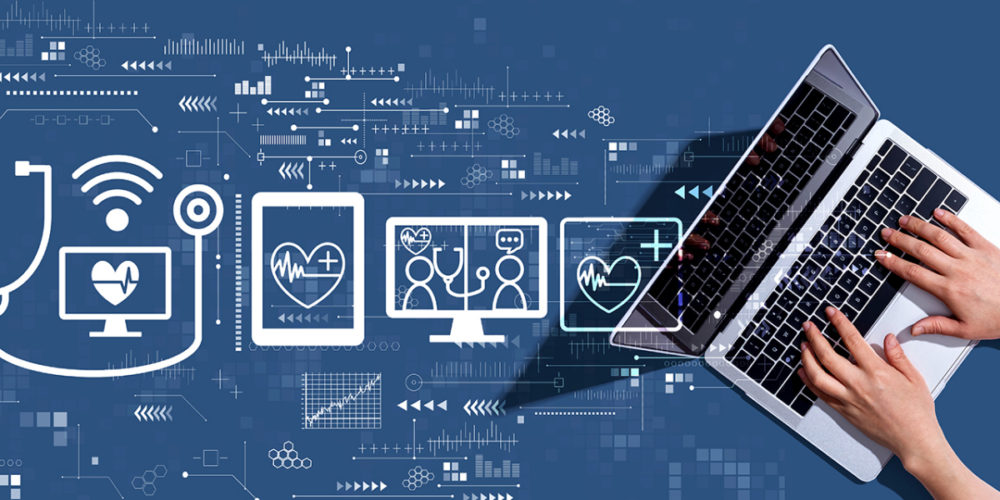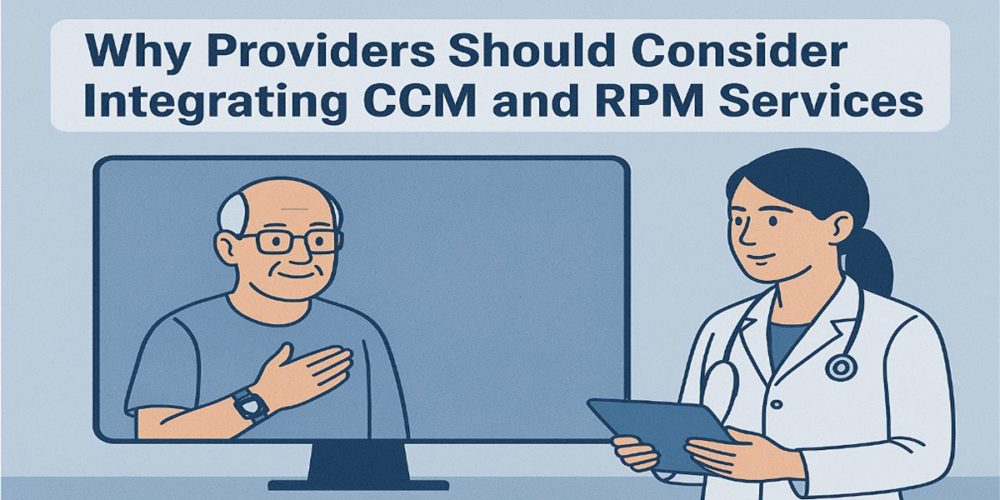Remote patient monitoring (RPM) is a new model of care that utilizes digital devices, apps and home sensors to collect and share data from patients outside traditional healthcare settings. RPM can help healthcare professionals track health trends over time, predict adverse events, alert caregivers, and intervene earlier. RPM can also empower patients by giving them better understanding and management of their conditions, resulting in better clinical outcomes and less use of healthcare resources.

However, RPM raises ethical challenges that must be addressed for effective implementation. These challenges include:
- Privacy: How can the data collected by RPM devices be protected from unauthorized access, misuse, or disclosure? Who owns the data and who can access it? How can patients control what data is shared and with whom? How can patients be informed about the potential risks and benefits of sharing their data?
- Security: How can the data collected by RPM devices be stored and transmitted securely? How can the devices be protected from hacking, tampering, or malfunctioning? How can the data be verified for accuracy and validity? How can the devices be updated and maintained?
- Patient autonomy: How can the data collected by RPM devices respect the patients’ preferences, values, and goals? How can patients be involved in decision-making about their care? How can patients opt out or withdraw from RPM if they wish? How can patients be supported to use the devices correctly and effectively?
- Professional responsibility: How can the data collected by RPM devices be integrated into clinical practice and patient pathways? How can healthcare professionals interpret and act on the data appropriately? How can healthcare professionals communicate with patients and caregivers about the data? How can healthcare professionals balance their fiduciary obligations with their ethical duties?

Ethical challenges in RPM require careful consideration among all stakeholders including patients, caregivers, healthcare professionals, device manufacturers, regulators, policymakers and researchers. Some possible strategies to address these challenges are:
- Develop clear, transparent RPM policies and guidelines specifying roles, responsibilities, data collection, sharing, consent, opt-out processes, security and quality standards, accountability and oversight mechanisms.
- Implement robust measures to ensure RPM data privacy and security such as encryption, authentication, authorization, audit trails, backups, firewalls, antivirus software, breach notification protocols, data minimization principles and privacy by design approaches.
- Provide adequate education and training for patients and healthcare professionals on using RPM devices safely and effectively, interpreting and acting on data, communicating and collaborating with each other and addressing ethical issues or concerns
- Conducting ongoing research and evaluation of RPM to assess its clinical impact, cost-effectiveness, user satisfaction, ethical implications, and social consequences. This should involve collecting feedback from patients and healthcare professionals on their experiences and expectations of RPM.
RPM has the potential to transform healthcare delivery by providing more personalized, proactive, and preventive care for patients.. By adopting a collaborative, transparent, and respectful approach to RPM ethics, we can ensure that this technology serves the best interests of both patients and healthcare professionals.



